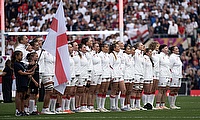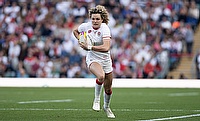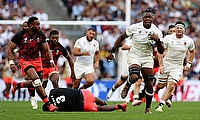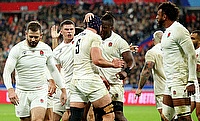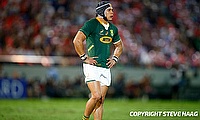The Differences Between English & French Rugby
England and France: neighbours, historical enemies and now united in the Rugby Champions Cup. The clubs on both sides of the channel are clear that they do not want to remain part of the Heineken Cup, at least in its current format. Despite this show of solidarity the two leagues, while they have common aims in European competitions, are not natural allies. There are differences on and off the pitch.
On the pitch, French and Irish clubs have dominated European rugby in recent years, with only a handful of English sides able to make real progress. Why? Power, or in real terms; size. Size matters. Players in the Premiership are getting bigger year on year, but they are still smaller than their brothers across the channel.
In the Top14 you will see scrums, mauls and rucks are brutal affairs, it makes organised French defences difficult to breakdown and even more difficult to win the contact area. Even Saracens, one of the biggest teams in the Premiership have struggled in the final stages of the Heineken Cup. Clermont Auvergne and Toulon successively have over powered and outgunned them.
The answer for Saracens was to start a new ‘bulking’ regime, which included monitoring the sleeping patterns of their players and a new recruitment policy. This led to the sizable signings, in more ways than one, of James Johnston and Billy Vunipola.
Consistent French dominance of the Heineken Cup based on mammoth packs and powerful centres has not necessarily resulted in a successful international side - something that Philippe Saint Andre complained about during last year’s Six Nations.
The players came to the camp physically too tired to make their weight tell. Toulouse number 8 Louis Picamoles, a giant of a man, who is so important to getting the French going forwards, played 571 minutes of rugby between November 2012 and the 2013 Six Nations. Morgan Parra, the ‘general’ and place kicker racked up 542 minutes.
In England the arrangement with the clubs, called the Elite Player Squad, not only controls the amount of game time a player in the EPS has but also includes international camps to ensure players are released with enough physical preparation time before the start of internationals. Not including international games, the Top 14 runs for 10 months compared to the Premiership’s 8 months.
Off the pitch, French rugby is starting to take on a similar mindset to that of the English football clubs - club over country. It’s important that we understand clubs are businesses and so Directors, Chief Execs etc. will of course prioritise their own clubs. Rightly so. The argument, however, is that clubs have a moral duty to, when possible, put the national game first.
A good example of this is selecting and developing players that are available for national selection, prioritising these players over foreign alternatives. We have a situation where a weekend can go by without a French fly-half playing, where the top two earners in French rugby are fly-halves.
Jonny Wilkinson, the top earner, takes home almost £50,000 per month and Jonny Sexton is paid almost £45,000 per month. The wage cap in the Top 14 is £8.6 million which dwarfs the £4.5 million cap in the Premiership. It’s little wonder that part of the break down with the ERC is down to the division of money.
Even if the salary cap was removed in the Premiership, most English clubs would not be able to safely match Top 14 spending.
In England a cocktail of circumstances and regulations set down from the governing body, the RFU, ensure the ingredients that lead to international success remain firmly rooted in the mind of Coaches and Directors of Rugby. Whether Richard Cockerill likes it or not.
The Elite Player Agreement has largely dealt with the issue of club over country, with clear definitions and compensation arrangements. There are now financial incentives for fielding English qualified players and, for now at least, the vast majority of players and fans still view international success as the ultimate goal.
I doubt that Stuart Lancaster and Saint Andre will be involving themselves in the battle with the ERC. I am sure though, that they will want a competitive European Cup, with a sensible calendar to best prepare their players.


